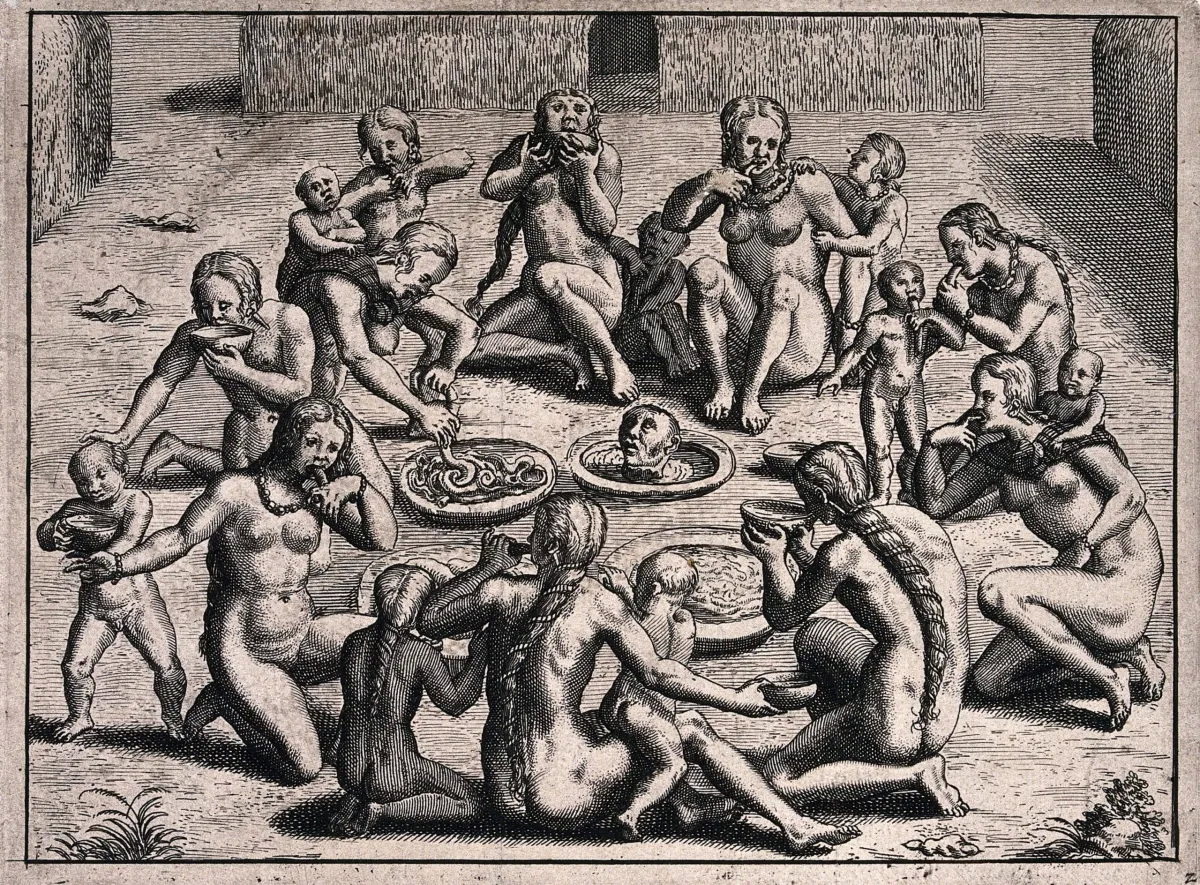In the tapestry of human cultures and traditions, anthropology unveils a myriad of practices that can be both fascinating and, at times, bewildering. One such peculiar phenomenon that has captured the curiosity of anthropologists is the tradition of endocannibalism—a practice in which members of a community consume the flesh of deceased individuals from within their own group. Let’s embark on a quirky journey into the realms of this unusual anthropological practice.
The Rituals of Remembrance: The Origins of Endocannibalism
Endocannibalism is not rooted in a macabre fascination with death but often emerges from cultural beliefs surrounding the afterlife, rebirth, and the interconnectedness of the living and the deceased. Unlike the sensationalized portrayals of cannibalism in popular culture, endocannibalistic practices are deeply ingrained in specific cultural contexts, symbolizing respect, continuity, and the cyclical nature of life.
Communities Embracing the Ritual: Forensic Anthropology Unveils Cultural Significance
Anthropologists studying endocannibalistic cultures have delved into the rich tapestry of rituals that surround these practices. Forensic anthropology provides insights into the intricate ways in which communities approach death, grieving, and honoring the departed through the consumption of human remains. The rituals often involve elaborate ceremonies, symbolic gestures, and communal feasts that bind the living and the deceased in a unique, albeit unconventional, manner.
Tribal Perspectives: From Papua New Guinea to the Amazon Rainforest
Endocannibalism is not a singular practice but manifests in diverse forms across different cultures. In Papua New Guinea, for instance, the Fore people practiced endocannibalism as a mortuary ritual until the mid-20th century, believing it was a way to absorb the spiritual essence of the deceased. Similarly, some Amazonian tribes engaged in endocannibalism as a means of integrating the deceased into the community’s spiritual realm.
Anthropological Reflections: Beyond the Initial Shock
For Western observers, the notion of endocannibalism can evoke shock and discomfort, rooted in cultural norms that regard such practices as taboo. However, anthropologists emphasize the importance of cultural relativism, understanding these rituals within their specific contexts without imposing external judgments. The rituals of endocannibalism challenge preconceived notions about life, death, and the corporeal form.
Contemporary Perspectives: The Fading Traditions and Ethical Considerations
In the face of globalization and shifting cultural dynamics, many communities that once practiced endocannibalism have abandoned or modified the tradition. Anthropologists grapple with the ethical considerations of documenting and studying these practices, recognizing the potential for cultural insensitivity and the risk of perpetuating stereotypes.
Conclusion: Unraveling the Threads of Cultural Complexity
Endocannibalism, though bizarre by Western standards, serves as a testament to the rich tapestry of human diversity. In the annals of anthropology, this practice challenges researchers to unravel the threads of cultural complexity, urging a nuanced understanding that goes beyond initial reactions of shock or disbelief. As we explore the peculiar traditions woven into the fabric of humanity, endocannibalism beckons us to reflect on the intricate ways in which cultures navigate the realms of life, death, and the continuum that binds them together.

